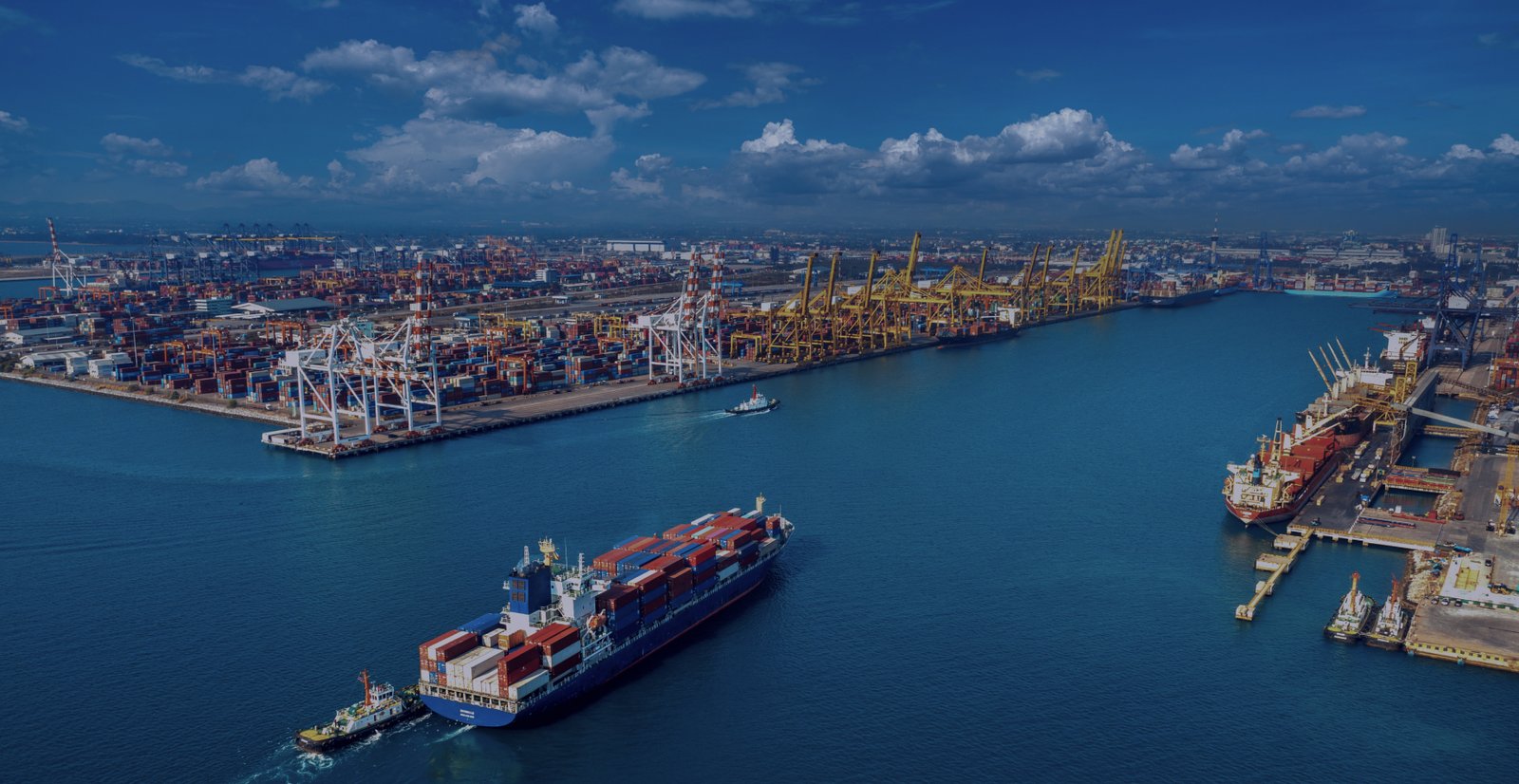
Speed in the supply chain is an important indicator of sustainability as well as a competitive advantage. In a period of rising customer expectations, on-time delivery has become one of the key elements of building loyalty. Because even if logistics operations are successful, a delay in delivery time can devalue the entire process.
On-time delivery means carrying the reputation of the brand, not the product. Shipment plans should be made precisely, possible delays should be prevented in advance, and the methods used in transportation should be selected accordingly. In this article, we discuss effective strategies for time management, delivery performance and digital control systems.
Why On-Time Delivery is Critical?
On-time delivery of a shipment to its destination is essential for healthy commercial relations. Deviations from the planned date can cause chain delays. This can have serious consequences in processes such as production, sales, distribution and customer satisfaction, as well as on an order basis.
In the e-commerce sector, customers expect the order to arrive on the specified date. When there is a delay, product cancellation, return or negative evaluations occur. Such situations damage not only that order but also the entire image of the brand. In corporate collaborations, on-time delivery plays a critical role in the continuity of agreements.
Success in logistics is linked to transporting cargo safely and being at the destination at the right time. Structures that reduce unexpected risks by providing continuity also provide cost advantages to companies in the long term.
Delivery Times by Transportation Type
The transportation method used has a direct impact on determining the delivery time. Each method has different advantages in terms of speed, safety and planning.
Road transportation is preferred on many routes with its flexible structure. It offers fast solutions especially for shipments between border neighbors. However, traffic and border densities should be taken into consideration.
Sea transportation is an economical option for large volume shipments. But the delivery time is long. Planning should be made accordingly and care should be taken for time-sensitive products. Air transportation provides speed advantage. It is ideal for valuable, sensitive or urgent products. Although the delivery time is the shortest, the cost is high.
Rail transportation operates with regular and predictable schedules. It offers advantages especially over long distances. However, route limitations and the need for transshipment should be taken into consideration. Many different factors such as speed, product structure, delivery area and logistics budget should be evaluated together when choosing the type of transportation.
Factors Affecting Delivery Performance
On-time delivery does not depend on the transportation method chosen and the transportation vehicle used, but on many different factors that affect the process. In other words, there are many factors that directly affect delivery time in transportation services.
Factors such as lack of planning, weather conditions on the route, waits at border gates, vehicle breakdowns, delays at warehouse check-outs or incorrect address information can put delivery at risk. Therefore, every step of the operation process must be kept under control.
In addition, the experience and response capacity of logistics personnel is also reflected in the delivery time. Taking the right steps in time in times of crisis prevents delays from escalating. Speed of communication is also important here. If an effective flow of information cannot be established between the team in the field and the center, control of the process may be lost.
The Role of Digital Tracking Systems
To ensure on-time delivery, the whereabouts of the shipment must be clearly tracked throughout the process. This is only possible with digital tracking systems. Advanced logistics structures instantly show the location of the shipment, transit points and estimated delivery time.
Digital tracking systems give you the opportunity to detect potential delays in advance. A shipment that goes off route or falls behind the planned timing is recognized early. This creates a chance for intervention.
Notifications provided to the sender and receiver increase the sense of trust. When the customer knows that the process is being followed, they approach possible delays more positively. At the same time, the data provided by these systems enables the measurement of delivery performance. Past shipments can be analyzed, and it can be determined what kind of disruptions are experienced in which regions. Clearly, digitalization offers not only speed but also control for sustainable success.
Choosing a Professional Logistics Partner for Time Management
One of the most effective ways to manage delivery time is to work with experienced and systematic logistics companies. A partner that not only manages the vehicle but also organizes the entire process saves time.
Professional teams carry out steps such as planning, document preparation, customs clearance, vehicle tracking and delivery confirmation from departure to arrival. Each step is solution-oriented to reduce the risk of time loss.
Professional teams are also prepared in advance for crisis scenarios. Alternative route plans are created against traffic disruptions that may occur on the road. This approach ensures that things go smoothly.
The data obtained after each shipment is analyzed. Thus, the next operation is planned more effectively. Because time management is a strategy that covers not only the present but also the future.
Assurance of On-Time Delivery: Smooth Operations with Modern Logistics
Companies that prioritize time management in logistics processes have a strong position in the market. Working with the right partner for this makes all the difference.
Modern Logistics produces special solutions for deliveries to take place on planned dates. The operation process is managed in detail from exit to delivery. Instant monitoring is provided with digital tracking systems. Steps such as route optimization, document preparation, customs compliance and customer notification are carried out together.
Every risk that may cause delays is analyzed in advance and planning is made accordingly. Modern Logistics’ expert teams provide coordination in the field and at the center throughout the process. On-time delivery grows your brand, reassures your customers and reduces operational costs. Achieving all these advantages requires a solid structure and a strategic business partner. Modern Logistics is the right choice to meet all these needs!
